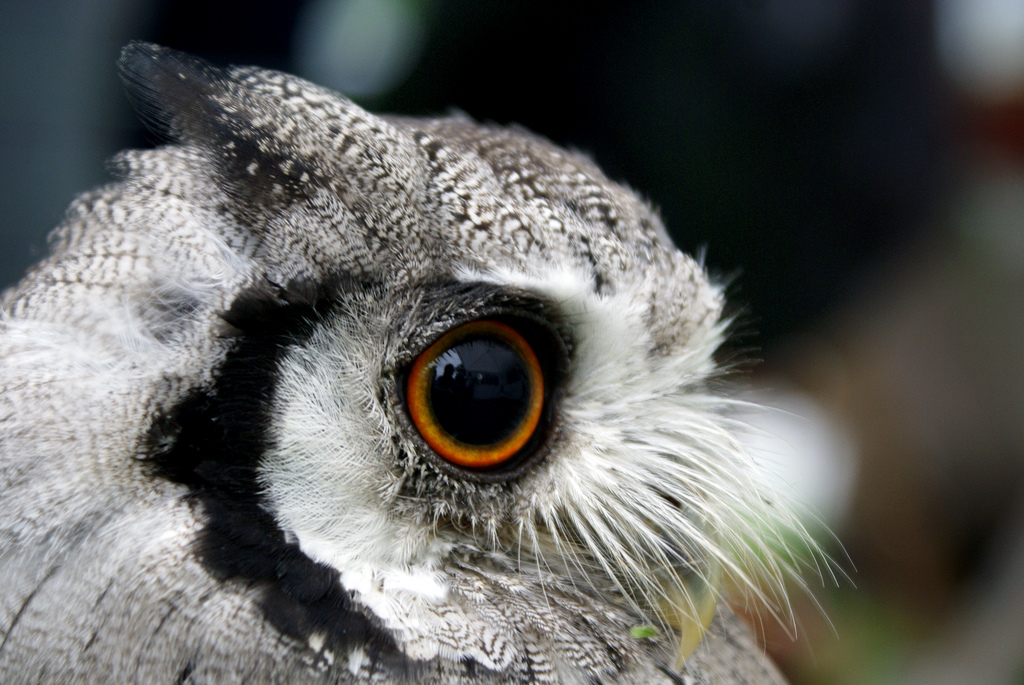As I pieced together the verbal knife strokes of “The Old Woodcarver,” I was remembering German imagist poetry and thinking about the Native view of animals as so much more than what we call “totems.” I tried to capture a woodcarver aware of his subjects as not only emerging from the wood, but entering him, playing an intimate part in his life, a process the artist must surrender to more than create.
We sometimes refer to lucid dreaming in relation to such ideas, but it’s more like lucid sleeping, the acceptance of the value and importance of where our internal experience takes us when we invite it, as we do falling into sleep, a choice but an acceptance as well of what is both part of us and beyond us. This is a process that continues into waking, when we allow it, overcome by it as we find ourselves entering the dream creatures awakened in the life already around us.
The knife is the instrument of separation that also creates. We may use many things as knives, including words. There is an act of birth in it, separating the pieces of a tree from the creature, experienced within. (Rich Ives)
The Old Woodcarver
1.
A hunter carves out a hollow
in the split, steaming
carcass of a legend.
The perfection of brown,
racked in bone-velvet,
rises like a cedar ghost.
The old man calls
and the heartwood opens.
The animal enters.
2.
Bear rises from stump.
Bear is family. Bear is old.
Bear is the stumble of winter.
Bear is a maternal grandfather
rooting in thick sleep.
Bear is a hole in the mountain.
Bear is log-beater, bark-grubber,
claw, tooth, and hump.
Bear is rumbling into father.
3.
If hollow had a name
it could be owl.
Eyes like black caves
where night
tears at pieces of the day.
Surrender comes quietly,
a monk with a sharp bone
and many books in his cave.
Gliding into himself, each victim
answers the same question.
4.
Sleep and the mooning the bellies of wolves
moving down the canyons
like the lost words of shadows
passing into their own darkness.
Sleep and the nocturnal carnivore,
shadow turned talon and gone,
a pierced tendon, the thick wet trail
of the more fortunate, and again,
the deep, steady pumping
of a dark organ.
5.
The blade of the knife
passes through water.
Sullen, well-fed bass
drift in the hollows
of sunken trees. Turtles
glide back into green water.
Wall-eyed pike in the eelgrass.
Redwings in the cattails.
Long shadows on the mud.
In the black grass the faint outlines
of a robe. The snail prince
dreaming in the green night.
The blade of the knife
passes through sleep.
—
Rich Ives is the author most recently of Light From a Small Brown Bird (Bitter Oleander Press), in which this poem also appears, and Sharpen (theNewerYork Press). His writing has appeared in Verse, North American Review, Massachusetts Review, Northwest Review, Quarterly West, and many more.
—
photo credit: Scops Owl via photopin (license)
“The Old Woodcarver” appeared first in the Autumn 1976 issue of Poetry Northwest.

